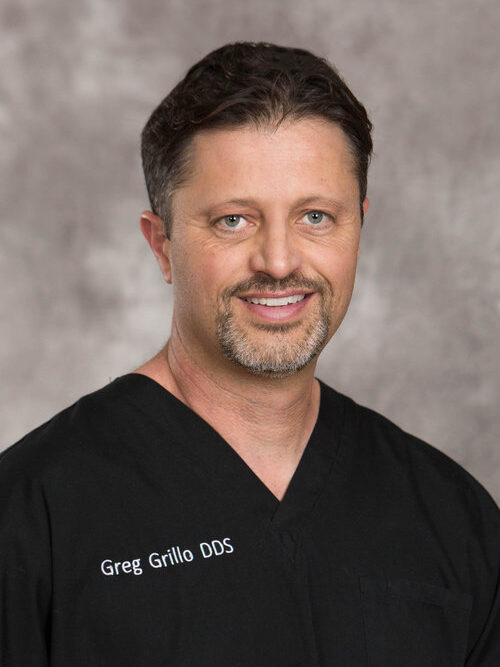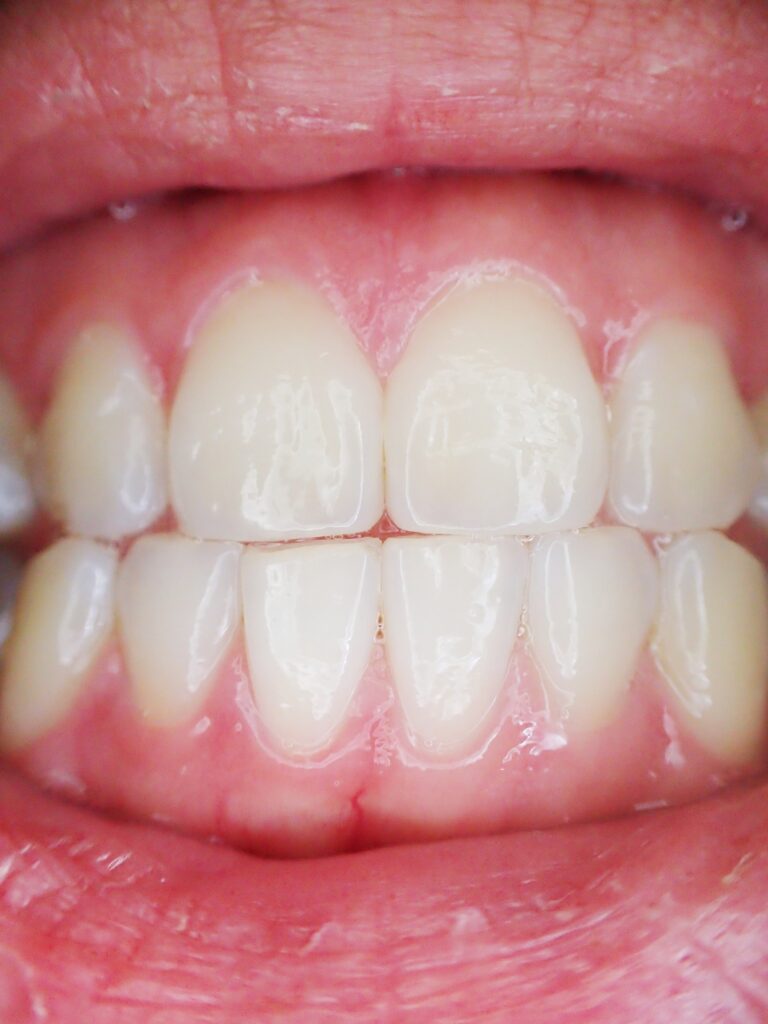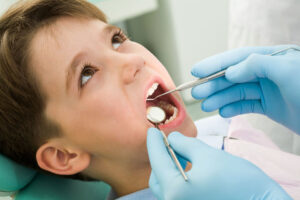You probably have some idea about gum disease. It’s a very common condition that afflicts the tissues surrounding your teeth – your gums and your jaw bone.
What many people don’t know is that gum disease (also called periodontal disease) is the leading cause of tooth loss. The bacteria that cause gum disease can cause the bone to deteriorate. The inflammatory response in the body also destroys the bone that holds your teeth in place. So, periodontal disease is actually one of the most common reasons that people end up with dentures. In fact, the CDC estimates that nearly half of all adults in the US that are over the age of 30 years have some form of gum disease.
If you notice any bleeding gums, it’s not something you want to ignore. While it may seem benign, bleeding in your mouth is usually an indication that there is some stage of gum disease. It may be that you’re just in the first stage (there are four stages). But if you don’t get timely treatment, the other stages could follow, with devastating consequences.
So, let’s run through 9 facts about gum disease that you may not be aware of.
Gum disease is not confined to older people
People of all ages can develop periodontal disease. Older people do commonly deal with it, but sometimes we see it even in people who are in their 20s. This is an aggressive form of the condition. Even kids can have early signs of gum disease, at least gingivitis or inflammation of the gums. This can then progress to more serious stages of the disease later in life.
Periodontal disease can be inherited
People don’t realize that periodontal disease is one of those things where genetics does play a role. Certainly, dental habits and environmental factors can affect your risk of gum disease. But if you come from a family that has gum problems, for example, if mom or dad did lose their teeth and maybe ended up in dentures, it could be that periodontal disease is a serious condition that runs in your family.
Periodontitis is linked to other diseases
This is a fascinating topic that probably deserves its own video and blog somewhere down the line. Gum disease and the bacteria that cause it have been linked to all kinds of health conditions, ranging from diabetes to stroke and even cancer, especially pancreatic cancer. Some interesting evidence has been found that still needs to be studied further. But what we do know is that keeping your gums healthy is in the best interest of your overall health.
Gum disease is contagious
Periodontal disease can spread from person to person. How does this happen? The same way any other contagious disease spreads, by kissing, sharing a toothbrush, or sharing utensils and drinking glasses. We often see couples that both are dealing with gum problems.
Dairy products can help prevent gum disease
There is some evidence that a diet that includes calcium-rich foods like dairy products can help keep gums and bones healthy. So, that’s something to be aware of, that dairy in your diet can be very beneficial.
Bad breath can be a sign of periodontal disease
Everybody has a bit of morning breath. That’s different. But if you have continuous issues with bad breath, you really want to get that evaluated. The bad breath may be from an underlying cause like gum disease.
Cavities and gum disease are two different things
People sometimes get fooled into thinking that just because they don’t have cavities, they don’t have any gum problems. But these are two different conditions caused by different sets of bacteria. Both are oral diseases, of course, but cavities are tooth decay and gum disease affects the soft tissues surrounding the teeth. Just because you’ve never had cavities doesn’t mean you couldn’t lose your teeth from periodontal disease. That’s one of the most tragic things I’ve seen as a dentist – people that have great teeth, fantastic teeth, maybe never had a cavity, but they’re losing every single one of their teeth because of gum disease and are headed towards dentures.
Brushing your teeth is good, but not enough
Periodontal disease often starts between the teeth. In those little spaces that the toothbrush just cannot reach which are harbors for bacteria. So, you really want to be diligent at cleaning out and making sure that the bacteria are removed from between your teeth. That’s flossing or picking with interproximal brushes. Water flossing is another option as well.
Pregnant women with gum disease can put their baby at risk
There is some research that has shown that pregnant women who have active periodontal disease run a much higher risk of having babies that are born underweight or premature. If you’re pregnant, it’s a good time to go to the dentist to make sure everything is okay and your gums are healthy. If you’re planning on getting pregnant, it’s an even better time to go to the dentist to make sure everything in your mouth is healthy.
Takeaway
Gum disease is a fairly serious situation for a lot of people. A high percentage of people deal with periodontal disease. If you have any type of concerns, such as bleeding or puffiness in your gums, please be sure to see a dentist.
Remember that gum disease can be a silent disease as well. So, there may not even be any evidence or symptoms. It could progress on to becoming very serious before you even know what’s happened. The bone loss that occurs from gum disease is not reversible once it happens. For this reason, it’s a good idea to see a dentist if it’s been a while. Here at Express Dentist, we have a trusted network of dentists that you can reach out to. We are happy to connect you with a dentist in your community who will help keep your teeth and gums healthy. All the best to you and your oral health.
About the author

Dr. Greg Grillo
Dr. Greg Grillo DDS studied at the University of Washington where he received a bachelors degree with Honors and later attended dental school on the same campus. Following school Dr. Greg served in the United States Navy as a dental officer. During this time he received advanced training in specialty areas of dentistry while also treating families of members of the military.
As well as sharing valuable information on dentistry and oral health, Dr. Greg remains a practicing dentist to this day. He works with families in the Okanogan Valley where he lives with his wife and three children.
- Dr. Greg Grillo#molongui-disabled-link
- Dr. Greg Grillo#molongui-disabled-link
- Dr. Greg Grillo#molongui-disabled-link
- Dr. Greg Grillo#molongui-disabled-link





